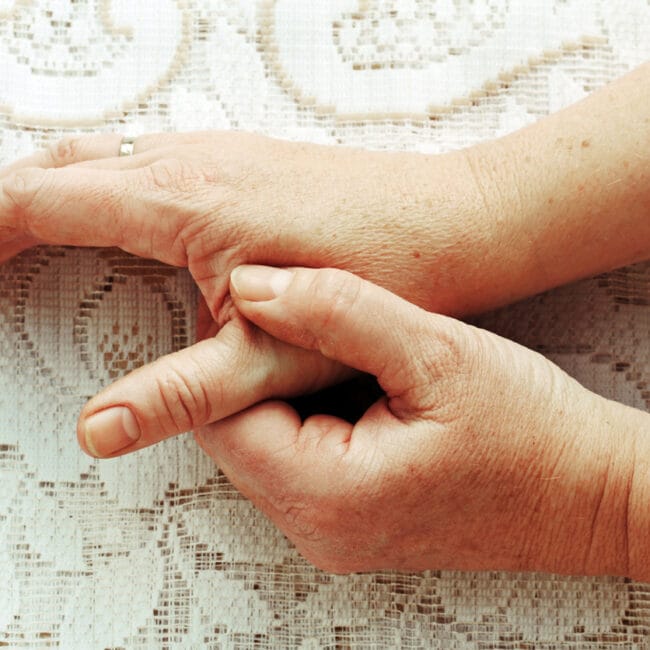While most people think of physiotherapy as a path to recovery from an injury, there is a lot more to it than that. Physiotherapy can be used not only to get fit, but to help us stay fit. As we age, we experience drastic changes to everything from our bones and muscles, to energy and endurance. Physiotherapy can help us reduce the impact of these changes and keep us fighting fit for years to come.
Common Issues
Ageing affects every part of our bodies, but there are some areas that are much more problematic than others.
Bones: As we age, our bones lose density and become weaker. One of the most common bones problems experienced by older people is osteoporosis, which affects over 300,000 people in Ireland according to the Irish Osteoporosis Society. Despite the prevalence of this condition, the IOS estimates that only 15% of cases are diagnosed.
Joints: Over time, the cartilage surrounding our joints wears away, and becomes less flexible. This can lead to osteoarthritis, which affects about 750,000 people in Ireland. It is estimated that by 2030, a quarter of Irish adults will have arthritis.
Muscles & Tendons: In addition to the wear and tear from years of use, muscles and tendons tend to tighten and stiffen up as we age. There are many reasons behind these changes, but the end result is less flexibility and slower movement.
Circulatory System: Not only are older hearts less efficient at pumping blood around the body, our blood vessels also tighten up. These factors can both raise blood pressure and lower endurance.
Back Pain: This is by far one of the most common issues for older people, largely due to a combination of the factors mentioned above. With weaker boners, joints, muscles, and tendons, not only are our backs more susceptible to pain as we age, it is also significantly more difficult to move, which causes further stiffness and pain.
Falling: A combination of less mobility, slower reaction times, loss of vision, and many other factors, falling is a very common problem among older patients.
How Physiotherapy Can Help
The first way a physiotherapist can help is by performing a full physical examination. This will allow them to identify the issues that are specific to you, as well as the problem points on your body.
If you are experiencing a significant loss of bone density, your physiotherapist will come up with a regimen to strengthen them and prevent any further loss. Not only will this improve your physical fitness in the short term, it will also help prevent broken bones and fractures in the future.
With regards to your joints, these can be very complex and require close examination. Some joints will be worse affected than others, and may be adversely affected in one direction more than the other. Your physiotherapist will be able to identify these and come up with exercises to help keep the joints loose and flexible.
Physical exercise can be used to help with muscles, tendons, back pain, and the circulatory system. These will usually be low-pressure exercises, and will depend on what exactly your physiotherapist is trying to achieve, and the issues you are experiencing. Options such as stretches or yoga may be necessary before moving on to more physical activities such as walking or hiking.
Balancing exercises have become increasingly popular of late, as they not only improve a person’s quality of life, but it also prevents them from sustaining serious injuries as a result of falling. There are several ways to go about improving balance. The cognitive option means being conscious of every move you make, rather than going through the motions on autopilot. This helps people become more careful and accurate in their movements. Another option is to use cues, such as a musical beat, to maintain proper rhythm in your movements.
Physiotherapy has a vast range of benefits for people of all ages, and can have a major impact on our quality of life. It can be difficult to admit that we are suffering from health problems, and very easy to ignore them altogether. But the sooner you address an issue, the less of an issue it will be. If you believe you are experiencing any of the symptoms laid out above, visit your physiotherapist, and the issue could be gone a lot sooner than you think.










